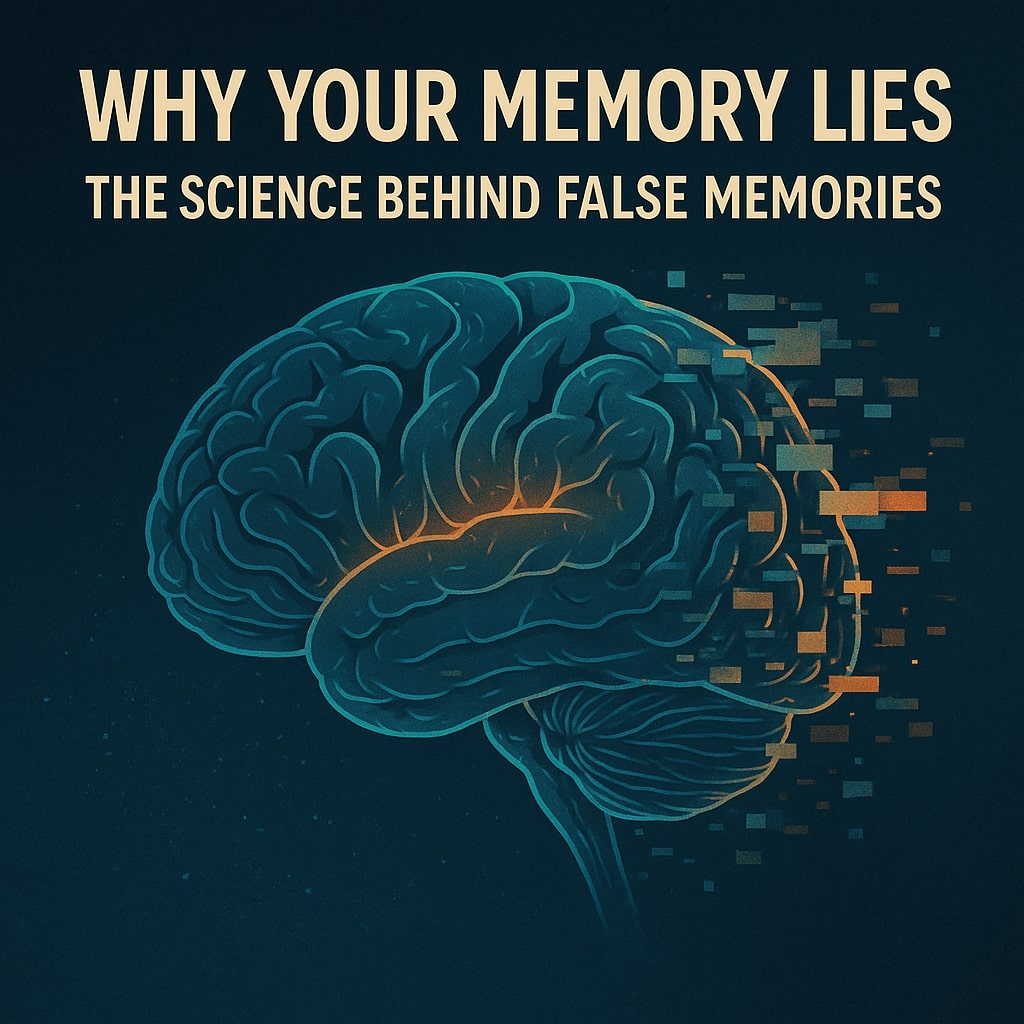How Does Your Brain Create False Memories?
Your brain doesn't store memories like a video camera recording exact events. Instead, it reconstructs memories each time you recall them, filling in gaps with assumptions, emotions, and even information you learned after the original event. This reconstruction process involves multiple brain regions working together, including the hippocampus and prefrontal cortex.
Every time you remember something, you're essentially rewriting that memory. Neural pathways strengthen or weaken based on current emotions, recent experiences, and external suggestions. This is why two people can witness the same event but remember completely different details, and why your own memories can change dramatically over time.
Explore related topics: embarrassing memories and forgetting names.
📺 Featured Video

How Your Brain Edits Memories (False Memory Explained)
by The Manipulation Files
What Causes Memory Distortion and False Memories?
Several factors contribute to why memory lies to us on a regular basis. Stress and strong emotions can actually impair memory formation, causing your brain to fill in missing pieces with plausible but incorrect details. Sleep deprivation, suggestion from others, and even leading questions can alter your recollections.
The 'misinformation effect' is particularly powerful - when you're exposed to incorrect information after an event, your brain often incorporates these false details into your original memory. Social media, news reports, and conversations with others can all introduce false elements that become indistinguishable from your actual experience.
Why Do False Memories Feel So Real and Convincing?
False memories feel authentic because they activate the same neural networks as real memories. Your brain assigns the same emotional weight and sensory details to fabricated memories, making them indistinguishable from genuine experiences. This is why people can pass polygraph tests while recounting completely false memories - they genuinely believe their distorted recollections.
The confidence you feel about a memory has surprisingly little correlation with its accuracy. In fact, the more frequently you recall a false memory, the more detailed and convincing it becomes. This creates a feedback loop where false memories actually grow stronger and more vivid over time, while real memories may fade or become less certain.
📺 Featured Video

False Memory Syndrome: When Your Brain Lies to You
by Medical Centric
